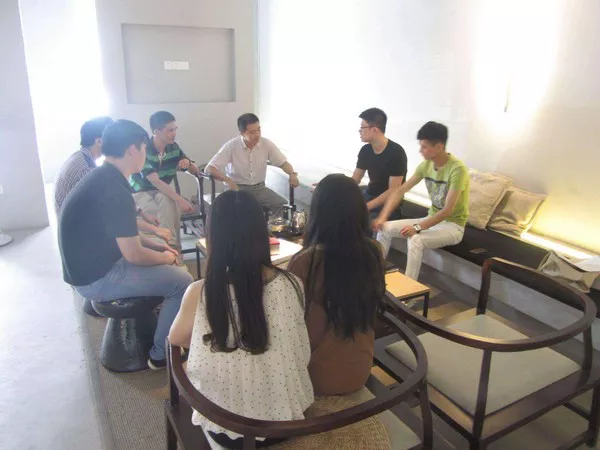A sobering report from the Survey Center on American Life reveals that Generation Z (born 1997-2012) has fewer close friendships than any previous generation at the same age. The data shows:
- 38% of Gen Z adults report having 3 or fewer close friends (compared to 25% of Millennials at the same age)
- 15% say they have no close friendships at all (triple the rate of Gen X in youth)
- Average friend group size has shrunk from 6 to 4 since 1990
The causes are multifaceted. Digital anthropologists identify three primary factors:
The Pandemic Socialization Gap: Critical friendship-forming years (ages 14-24) coincided with COVID-19 lockdowns, creating a developmental disruption in social skills.
Platform Proliferation Paradox: While more connected digitally, young people report feeling more relationally fragmented across too many shallow online connections.
The Scheduling Crisis: Unlike school-structured socialization, adult friendship requires intentional planning that many find overwhelming.
The mental health consequences are severe. Young adults with fewer than three close friends show:
- 3.2x higher rates of depression
- 2.7x greater likelihood of severe anxiety
- 40% more sleep disorders
Innovative solutions are emerging. “Friendship coaches” have become a growing industry, helping clients build social skills and relationship routines. Colleges now offer “friendship matching” services alongside roommate pairing. Perhaps most promising are third spaces redesigned for organic connection – like Philadelphia’s “Talk Club” cafes that facilitate conversations among strangers through guided prompts.
Related topics:

















